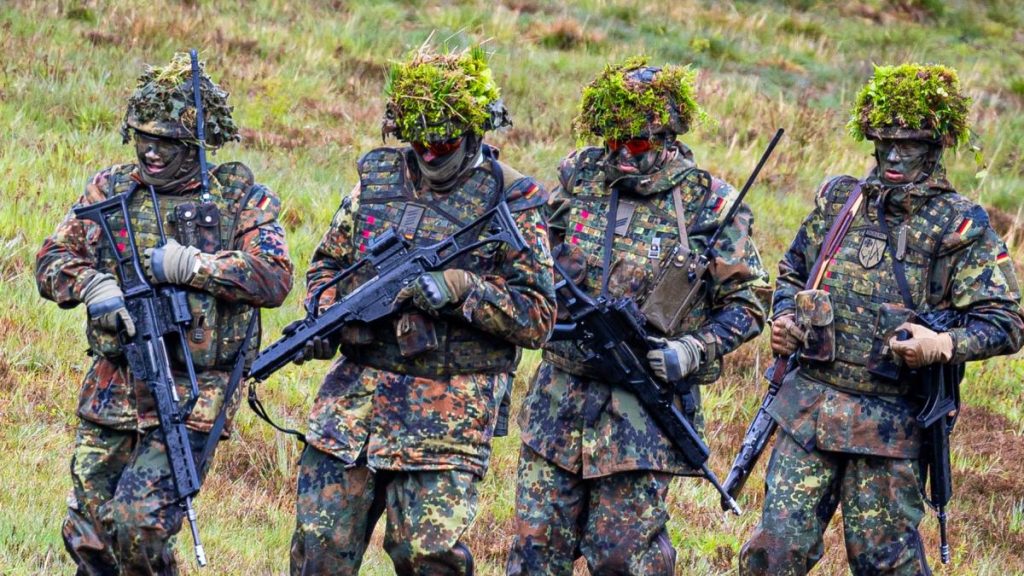In the debate about the possible reintroduction of conscription in Germany, FDP parliamentary leader Christian Dürr has called on Defence Minister Boris Pistorius (SPD) to engage with reservists. Dürr stated that the Bundeswehr reserve needs a clear signal that it is needed, as together with active soldiers there is a potential of over one million servicemen and women. Pistorius has previously raised the idea of reintroducing conscription in Germany and has also mentioned the Swedish model, which involves assessing all young people but primarily focusing on voluntary service. However, Dürr has urged the Defence Minister to specifically target reservists now.
Many reservists are eager to make a contribution, but they have not been given an opportunity to do so, according to Dürr. He emphasized that these individuals have already committed to the Bundeswehr and bring professional expertise that is likely needed in various areas, such as IT. Dürr’s call for Pistorius to engage with reservists comes amid ongoing discussions about the potential reintroduction of conscription in Germany. Pistorius has previously expressed interest in exploring different models, including the Swedish approach, but Dür’s emphasis on involving reservists directly highlights the importance of utilizing existing resources within the Bundeswehr.
The idea of reintroducing conscription in Germany has sparked debate and calls for a more targeted approach, such as engaging with reservists who are already willing to serve. Dürr’s suggestion to reach out to reservists to utilize their skills and commitment to the Bundeswehr could potentially help address any gaps in personnel and expertise within the military. By tapping into the pool of reservists, the Bundeswehr could benefit from a diverse range of talents and experiences that could enhance its overall capabilities and readiness.
Pistorius’ previous discussions about the possibility of reintroducing conscription have raised questions about the potential benefits and challenges of such a move. While the Swedish model provides a framework for assessing young people and encouraging voluntary service, Dürr’s emphasis on engaging with existing reservists presents a more targeted approach to bolstering the Bundeswehr’s ranks. The ongoing dialogue about conscription in Germany reflects broader conversations about national security and the role of the military, with a focus on how best to utilize available resources and personnel to meet the country’s defence needs.
In response to Dürr’s call to engage with reservists, Pistorius may need to consider how best to involve these individuals in the Bundeswehr’s operations and planning. By recognizing the value of reservists’ skills and commitment to the military, Pistorius could potentially strengthen the Bundeswehr’s overall capacity and effectiveness. As discussions about the possible reintroduction of conscription continue, the role of reservists and their contributions to the Bundeswehr could play a significant role in shaping future decisions about Germany’s defence strategy and readiness. Ultimately, the engagement of reservists could enhance the Bundeswehr’s ability to meet emerging threats and challenges, while also tapping into a valuable source of expertise and dedication within the military.














